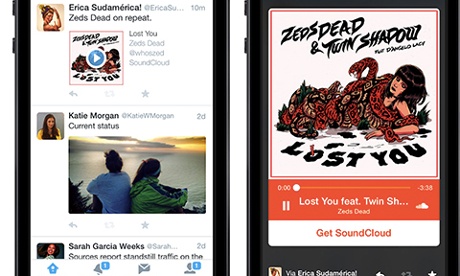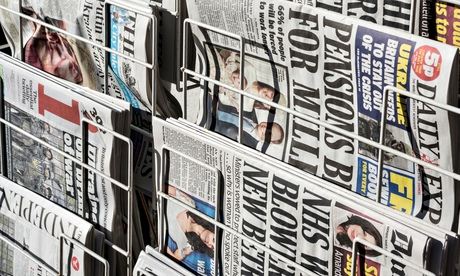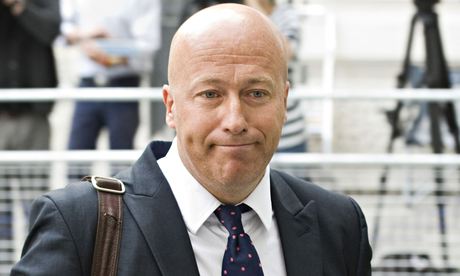Task :- How has new and digital media technology changed Galtung and Ruge’s news values? How would you update them for 2014?
Immediacy: has it happened recently?
Immediacy is more important than ever due to news breaking on Twitter or elsewhere online. However, this in turn changes the approach of other news sources such as newspapers as the news will probably already be broken so different angles might be required. Newspapers now contain more comment or opinion rather than the breaking story.
Familiarity: is it culturally close to us in Britain?
Familiarity is still very important, but has become less important, because global news is more popular than before, and more heard and known about due to social media, and user generated content being used to inform others of situations - the world has become 'smaller' - like a 'global village' - for example the news on Arab Spring & Syria/Palestine conflicts spreading. News may need to find ways to link global news to the ' Elite country's' - such as linking America/UK to the ISIS, or how Elite country's are 'aiding' country's that require assistance.
Amplitude: is it a big event or one which involves large numbers of people?
Amplitude is still an important factor, because if the news doesn't involve a lot of people then it won''t be seen as an issue so big, for example - recently the Riots, which was a big event in an Elite nation, was seen as a 'bigger' event, due to the number of people who were involved and how fast the rebelling was spreading.
Frequency: did the event happen fairly quickly?
Ambiguity: is it clear and definite?
Ambiguity is not as important, as News now do rely on user generated content to gain information, for example follow fans of celebrity's to gain information - see what they are tweeting about or images they are posting on instagram ect, so it's not always clear and definite. The agenda is influenced a lot on what the users have to say, and global situations such as Palestine and Syrian conflict, can't always be defined clearly by the news, it can also be seen biased if anything thats not certain is said.
Predictability: did we expect it to happen?
This is still something that is used in news, as editors and journalists ensure that they include subtly stereotypical comments and irrelevant information (such as the education level, ethnic background or religion of suspects), in order to make the audience feel like this is what is expected from such a group, and then see them as moral panics, for example youths during the riots & emphasis on any negative behaviour from Muslims
Surprise: is it a rare or unexpected event?
Continuity: has this story already been defined as news?
Elite nations and people: which country has the event happened in? Does the story concern well-known people?
This still applies to a large extent, because if something relatively unimportant happens amongst celebrities, politicians who are 'elite people', within 'elite nations' such as North/South America, Canada, UK ect. It will have much more coverage perhaps than it needs to have. As opposed to the fact that news from countries and people who aren't elite does feature MORE now (2014), however hardly makes the front cover of news, as opposed to news that's 'elite' such as the royal baby.
Negativity: is it bad news?
Balance: the story may be selected to balance other news, such as a human survival story to balance a number of stories concerning death.
This still happens


